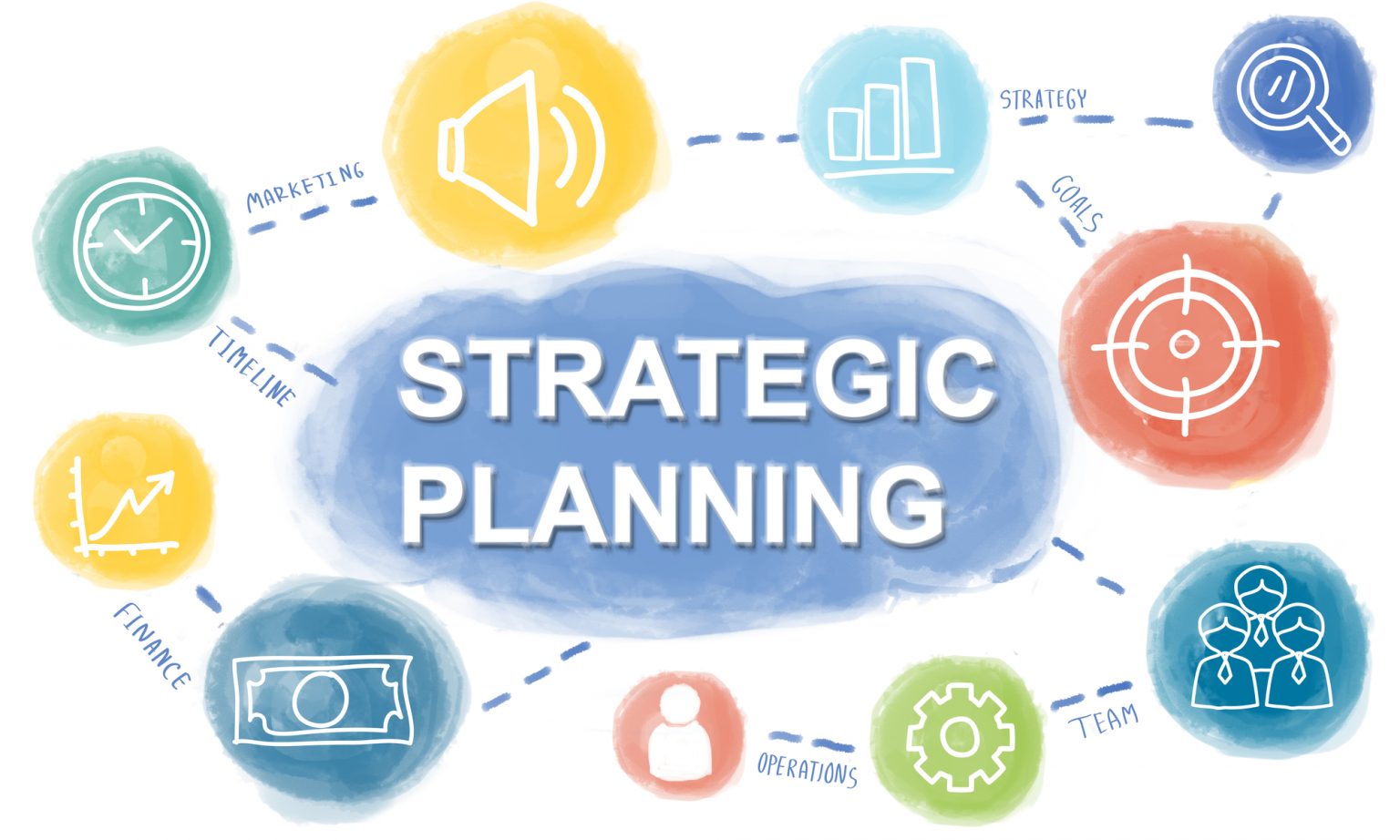
A CEO that I am currently working with has identified who they would like to be their successor. They then asked me how would he go about identifying what her current skills are and what the gap is for the skills that she would need for a CEO. Why would they want to do this? Because they want to spend the next 12 months developing these skills to ensure that they set her up for success. The following are the areas that a CEO needs to understand, be able to do, or need to surround themselves with, by getting the right people to be able to do these things for them:
- Strategy
- Operations Management
- Financial Management
- Sales & Marketing
- Information Technology
- Governance
- Innovation and Commercialisation
- Self
- Employees
Strategic Skills include the ability to do the following:
Strategy Development – define where the organisation wants to be in the future to achieve success and how to go about getting there. Strategy sets out how an organisation intends to employ its resources, including the skills and knowledge of its people as well as financial and material assets, in order to achieve its mission and overall objectives and its vision. Strategy development is the process of researching and identifying strategic options, selecting the most promising options and deciding how resources will be allocated across the organisation to achieve objectives.
Business Case Development – the business case document or presentation communicates the high-level information relevant to a critical decision. It is your sales pitch! The business case helps to identify and evaluate alternatives and to compare their relative costs and benefits. A business case is a tool for strategic planning and decision-making. The purpose of the business case is to outline the organisation’s plan for the project – risk, return, the investment required, time, financial break-even and other elements. It increases the likelihood of a project’s success and creates the benchmark against which a project is measured.
External Market Analysis – External analysis involves examining the industrial environment of a company, including factors such as competitive structure, competitive position, dynamics, and history. On a macro scale, external analysis includes macroeconomic, global, political, social, demographic, and technological analysis. The primary purpose of external analysis is to determine the opportunities and threats in an industry or any segment that will drive profitability, growth, and volatility.
What If Analysis & Scenario Planning – is a means of evaluating potential outcomes based on what might happen. It gives an organisation the power to understand how variables might affect business goals and to plan for those eventualities. What-if scenarios don’t tell the future, but they paint a picture of what the future could look like, given certain assumptions. These scenarios might not change your goals or growth plan, but they will allow you to have a plan in place if your variables stray from the original assumptions. They also help managers understand the resources and organisational capability at their disposal.
Facilitating discussion forums – This isn’t as easy as we think. We all like to speak and many of us don’t listen as well as we could or should. It is important to focus and direct the discussion, with elements such as identifying areas of agreement and disagreement, sharing meaning, and seeking to reach consensus before moving on.
Capacity planning – is the process of determining the production capacity needed by an organisation to meet changing demands for its products. [1] In the context of capacity planning, design capacity is the maximum amount of work that an organisation is capable of completing in a given period. Effective capacity is the maximum amount of work that an organisation is capable of completing in a given period due to constraints such as quality problems, delays, material availability and so on.
Project Planning – is a discipline addressing how to complete a project in a certain timeframe, usually with defined stages and designated resources. One view of project planning divides the activity into these steps: setting measurable objectives, identifying deliverables, scheduling and planning tasks and agreeing and allocating the budget. Supporting plans may encompass human resources, communication methods and risk management.
If you would like to have someone in your team assessed against our CEO Self Assessment tool, please contact Corinne directly.
